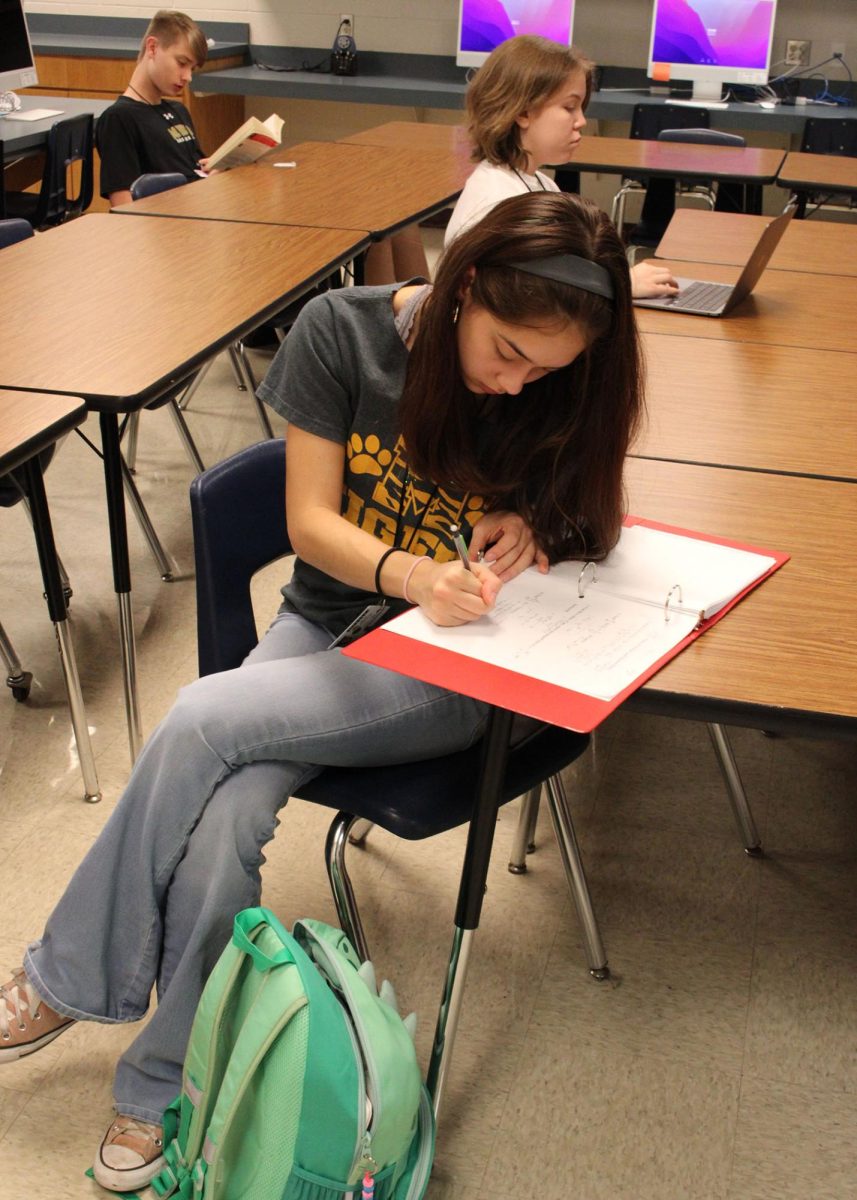For the 2023-2024 school year, Mansfield ISD has instated a new advisory class period disconnected from the third and seventh periods.
Changing the advisory period to a separate class is an unconventional move that prevents the time from being used effectively.
In previous years, the advisory period was a thirty-minute period where students could go to different teachers and classrooms before the next period. However, the new system only allows students to go to different classrooms once a week. If a student has to seek out a teacher for any reason, they can only do it on Tuesdays. If a student isn’t available before or after school, they have limited opportunities to ask questions, make up work, or get advice from teachers; even so, some teachers don’t offer any before or after school time for various reasons. The new format limits the flexibility of advisory from previous years.
One of the benefits of the new advisory system is that it gives students and teachers dedicated time to focus on study hall and social-emotional learning activities. The main issue is that SEL lessons do not require a new class, especially when they are only brief activities twice a week. Social-emotional learning needs to be present in every classroom, but confining the practice to a single class can make it feel even more pointless to students. The rigidity of the new class hinders flexible study halls, while grade checks require minimal effort but are still limited by the student’s inability to seek out specific teachers.
The five-minute passing period, while plenty of time to get to a class, can often be uncomfortable just because of how many students there are in the school. Previously, the passing period between advisory and the next period was much less crowded as many would already be in their following classes. Now, the hallways are packed, before and after advisory. Students who travel to Ben Barber need to check in with their teacher, which can make hallways even worse if they are in a rush. If students already don’t enjoy advisory, having to struggle through cramped hallways doesn’t endear them to the new period. While the change might cut down on opportunistic class skipping, it does not prevent anyone from not going to a class.
Changing advisory to a separate class is rigid, inconvenient, and unconventional. It does not fix any of the major flaws of the previous system, but instead only causes more issues. Reverting to the earlier version would be beneficial to the students and help with productivity overall.
A good way to influence this issue is to inform the administration of the district, as they are the people who made the decision. Contacting them through emails or making public comments during school board meetings can show exactly how we feel about advisory, while also keeping the conversation civil. Pointing out how unconventional the system is may encourage them to change it for the better.




